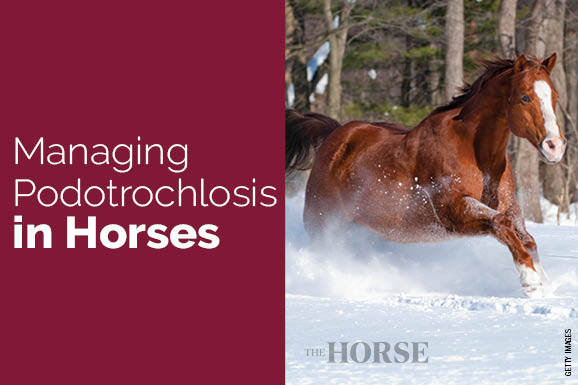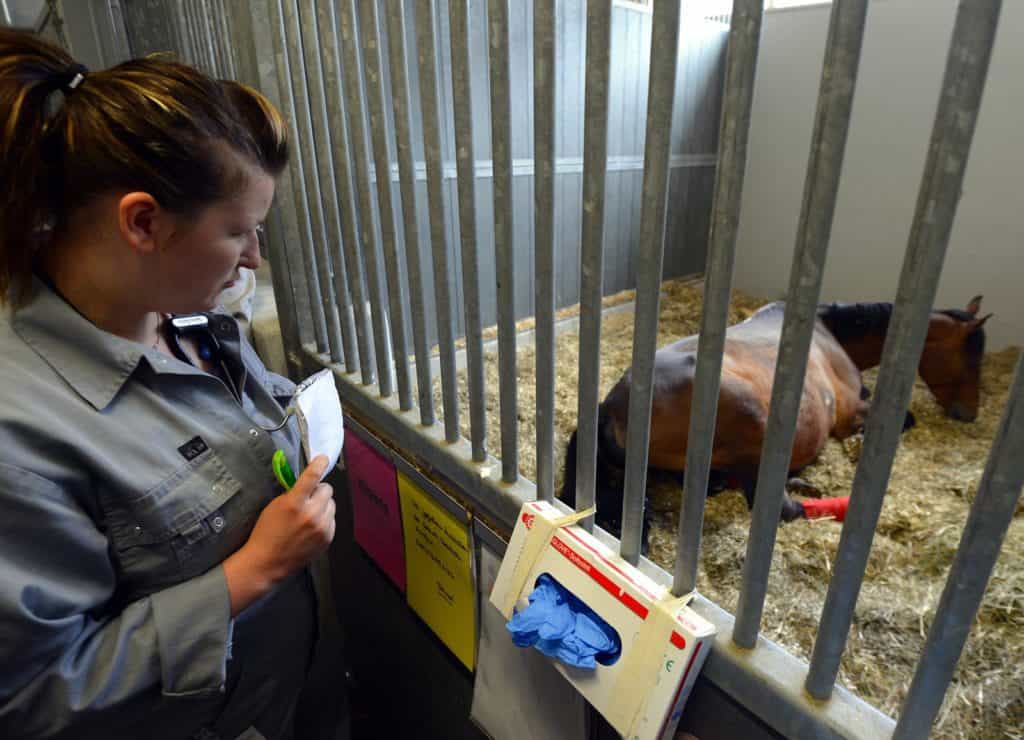
Why Does My Horse Stumble After Jumping?
Find out what a veterinarian might look for when examining a horse that loses his balance after jumping a fence.

Find out what a veterinarian might look for when examining a horse that loses his balance after jumping a fence.

Two veterinarians share how they diagnose, treat, and rehab back-sore horses.

A brief physical exam allows you to collect important information to relay to your veterinarian before he or she can reach the farm.

Explore the causes of the chronic hoof condition navicular disease and find out how you can manage it.

These difficult-to-diagnose conditions can undermine a horse’s balance and coordination.

Should you consider purchasing a horse with arthritis? An equine researcher explains the risk.

Reacting quickly and correctly to an episode of HAL will give your horse a greater chance for future soundness.

Learn why horses with ID might be more likely to develop other conditions such as laminitis and what you and your vet can do to prevent and treat them.

Tendon and ligament injuries are leading causes of poor performance in horses. Learn about different conventional and therapeutic treatment modalities in this visual guide.

Experts answer common questions about this crippling condition that affects horses of all breeds, disciplines, and ages.

Discover what you should do to prepare for a colic episode, considerations to make, and things to keep in mind after surgery.

Experts discuss what to do when your horse turns up with knee, hock, fetlock, or other leg joint wounds, and why.

The veterinary shortage in equine practice is no longer pending; it has already arrived.

The supply of equine veterinarians is diminishing rapidly. How can horse owners help?

Learn about the American Association of Equine Practitioners’ recommended core and risk-based horse vaccines in this handy special report. Sponsored by Boehringer Ingelheim.

Hives in horses presents as localized, raised bumps on the skin, and they can vary in number, severity, and frequency of occurrence. Here’s what you should know.
Stay on top of the most recent Horse Health news with
"*" indicates required fields